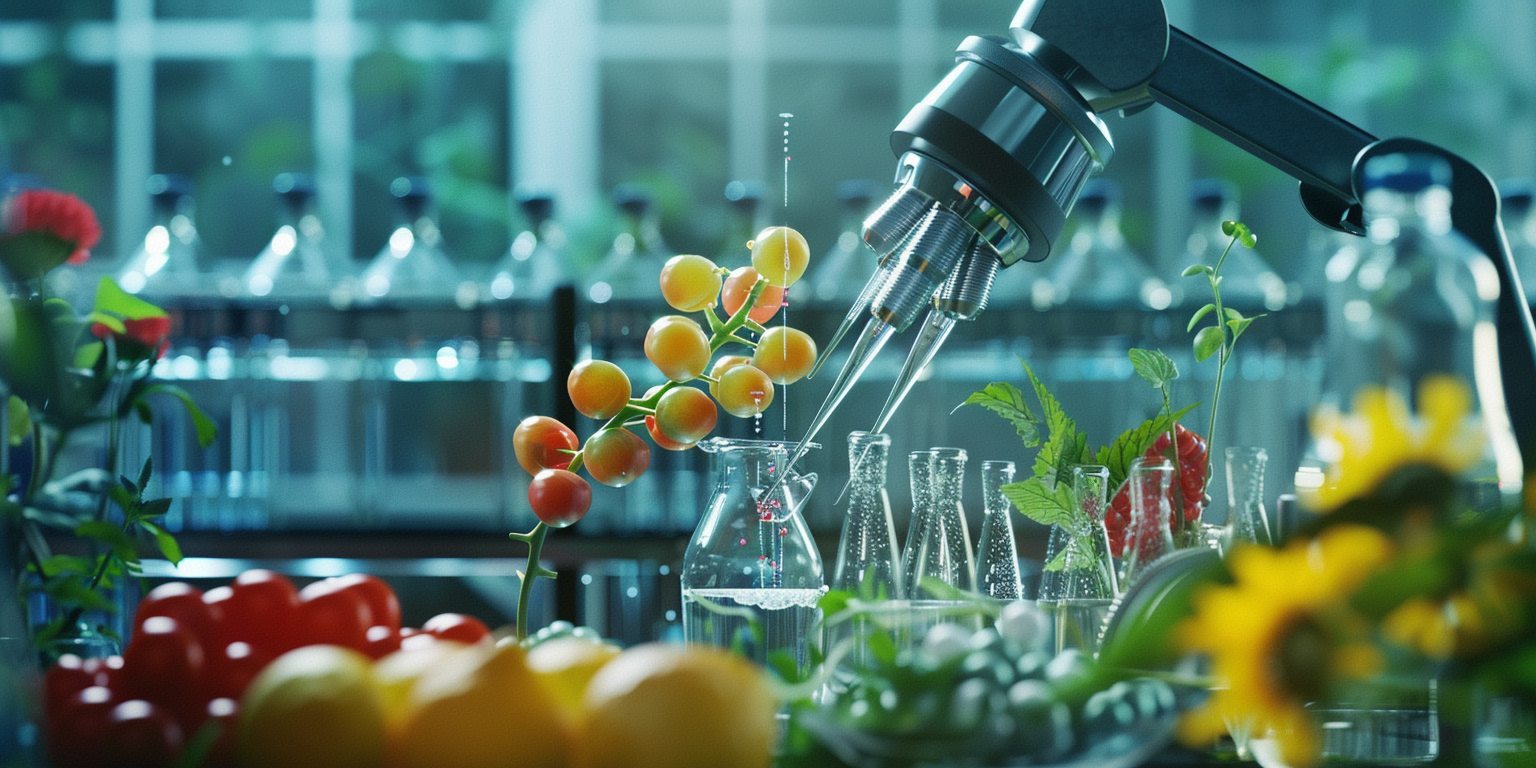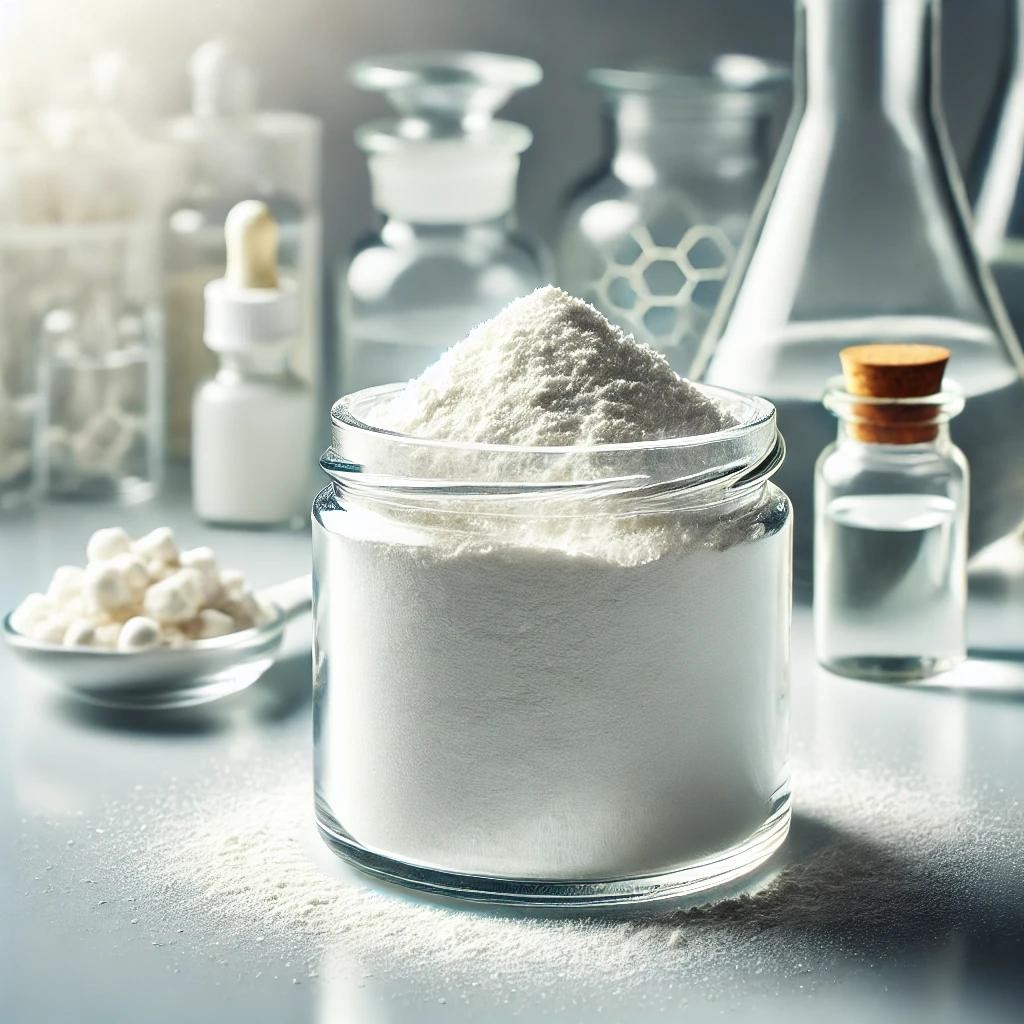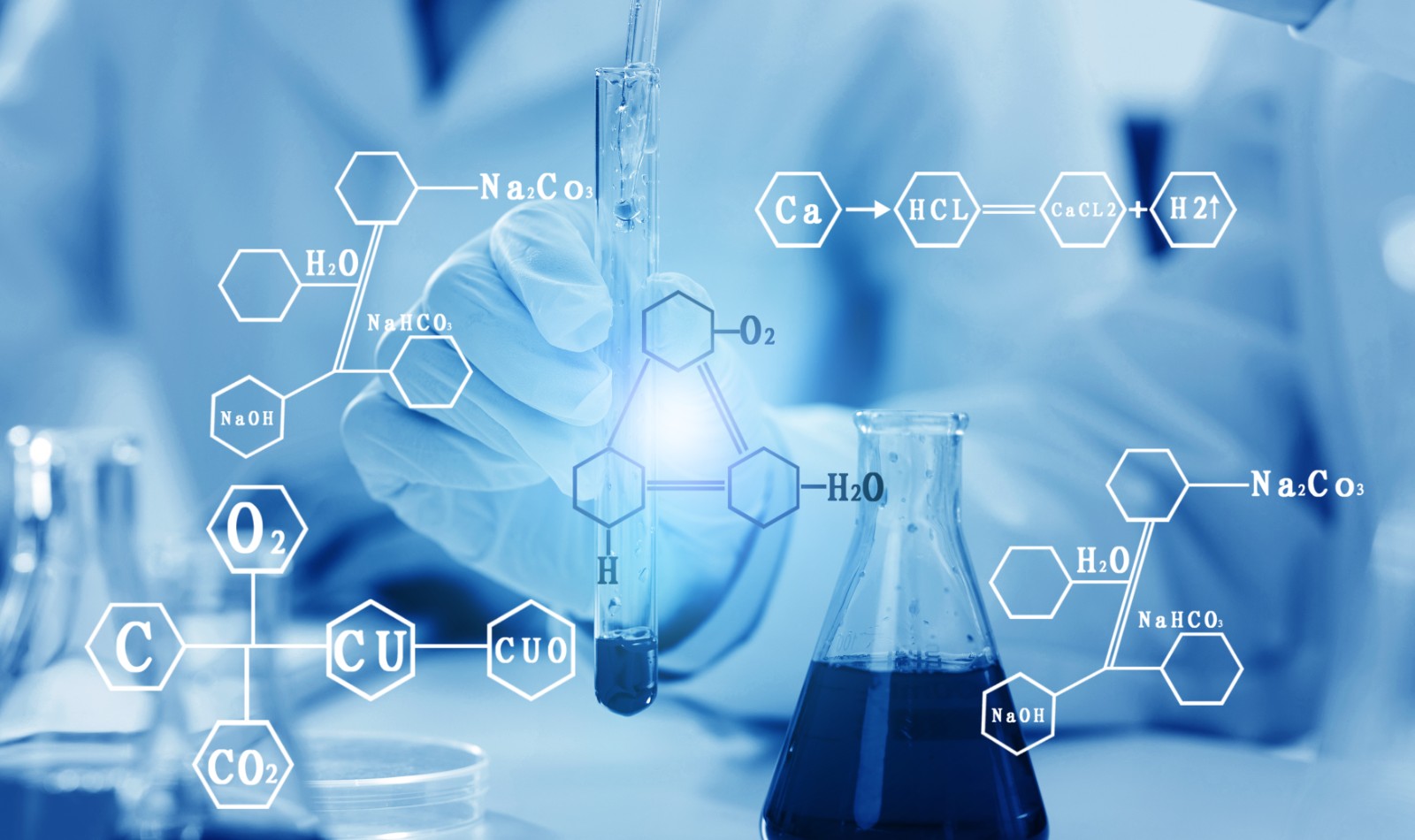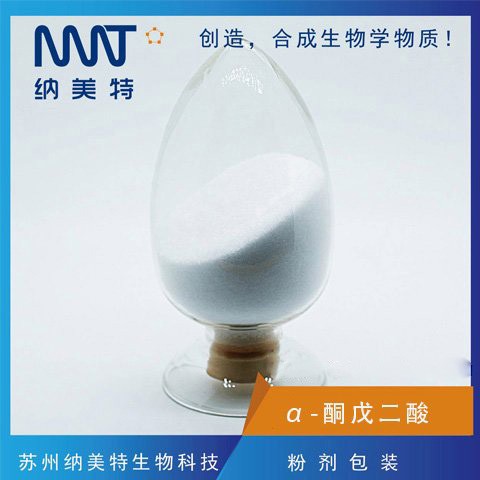Synergistic application of astaxanthin in strawberry planting
What is astaxanthin?
Astaxanthin, formally known as 3,3 '- dihydroxy-4,4' - diketo- β,β′- Carotene is a ketone carotenoid, usually in the form of red solid powder. Its molecular structure is similar to that of lipids, so it is insoluble in water, but soluble in non-polar organic solvents, including chloroform, acetone, benzene, etc. According to relevant research data, the chemical formula of astaxanthin is C40H52O4, the relative molecular weight is 596.83800, and the flash point (ignition point) is 435.8 ℃. It is generally stored in a ventilated and dry place, sealed and kept at -20 ° C to avoid contact with oxides.
Application of astaxanthin in green agriculture
Application of astaxanthin in green agriculture
Main functions of astaxanthin
Astaxanthin mainly exists in marine organisms, especially salmon, algae, trout, yeast and shrimp, which can play a certain role in color development.
Astaxanthin has strong antioxidant capacity, mainly blocking the oxidation reaction chain. Many well-known antioxidants, such as lycopene, have about 1800 times less antioxidant capacity than astaxanthin. Astaxanthin reduces lipid peroxidation by inhibiting lipid peroxidation caused by free radicals, and can also be used to remove sulfide, disulfide, nitrogen dioxide, etc.
Main functions of astaxanthin
Main functions of astaxanthin
The case of astaxanthin's synergistic application in strawberry planting
With the increasing attention paid by consumers to the quality and safety of strawberry fruits, strengthening the promotion and application of biological fertilizers and pesticides has become an inevitable trend for the sustainable development of the strawberry industry. Spraying astaxanthin biological fertilizer diluent on the leaves (according to the required ratio) can significantly increase the soluble solids content and sugar acid ratio of Hongyan strawberry fruit. According to the fact that the waste generated from shrimp processing is rich in protein, chitin, astaxanthin and other nutrients, shrimp peptide bio fertilizer prepared from it can be used as a soil conditioner to improve acidic soil. In addition, shrimp peptide amino acid foliar fertilizer can also promote the flowering and fruiting of citrus, improve fruit quality and plant defense against diseases and pests. Astaxanthin, as a keto carotenoid, has strong antioxidant and anti-inflammatory effects. It is widely used in food and pharmaceutical industries at present, but little research has been done in agriculture. The extraction process of natural astaxanthin is complex and expensive. The production of astaxanthin using Phaffia rhodozyma, a carbon source of agricultural waste, has the advantages of short growth cycle, green, safety, low cost, etc.
Astaxanthin provides the possibility for its wide application in the agricultural field. Relevant documents indicate that the effects of different concentrations of astaxanthin aqueous solution irrigation on strawberry plant growth, fruit quality and yield were studied, providing a theoretical basis for the application of astaxanthin in strawberry production.
The following chart shows the effect of astaxanthin on strawberry plant growth indicators
Effect of astaxanthin on growth index of strawberry plant
Effect of astaxanthin on growth index of strawberry plant
The following chart shows the effect of astaxanthin on strawberry fruit quality indicators
Effect of astaxanthin on quality indexes of strawberry fruit
The effects of different concentrations of astaxanthin solution on the growth, fruit quality and yield of strawberry were studied. The results showed that 32 mg/L astaxanthin treatment could significantly increase the relative content of chlorophyll in leaves and the content of soluble solids, sugar acid ratio and Vc content in fruits of strawberry. It can be seen that irrigation of astaxanthin aqueous solution at flowering stage can promote the growth of strawberry plants and improve the quality of fruit to a certain extent.
Effects of astaxanthin solution on growth, fruit quality and yield of strawberry
The above is the efficiency increasing application case of astaxanthin in strawberry planting introduced by NAMET. Please pay attention to us and we will serve you wholeheartedly for more agrochemical efficiency increasing products.
As a leading figure in domestic 5-ALA enterprises, Suzhou Namete Biotechnology Co., Ltd. is constantly striving to popularize its agricultural stimulant products to the synergistic agent and fertilizer markets throughout China. We also hope that Namite products can help more agricultural material users improve the quality of agricultural products and assist in the rapid development of the agricultural economy.




